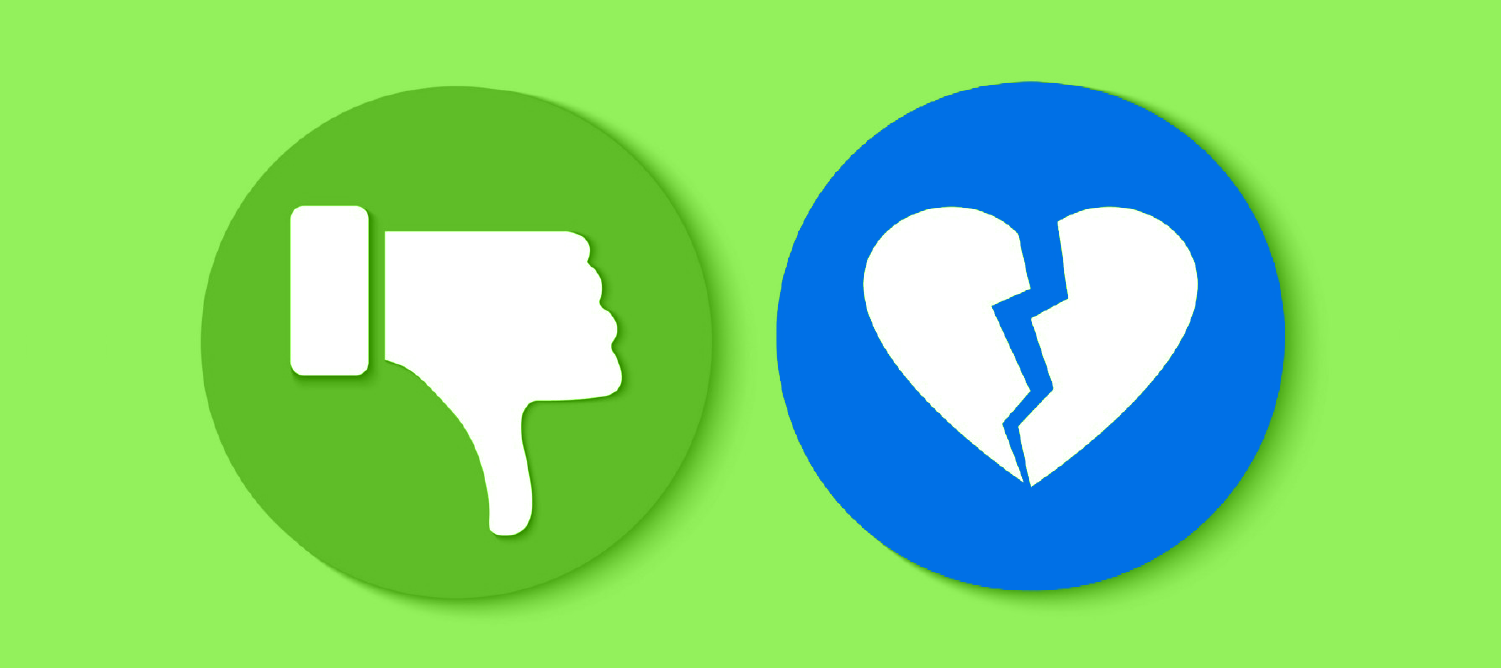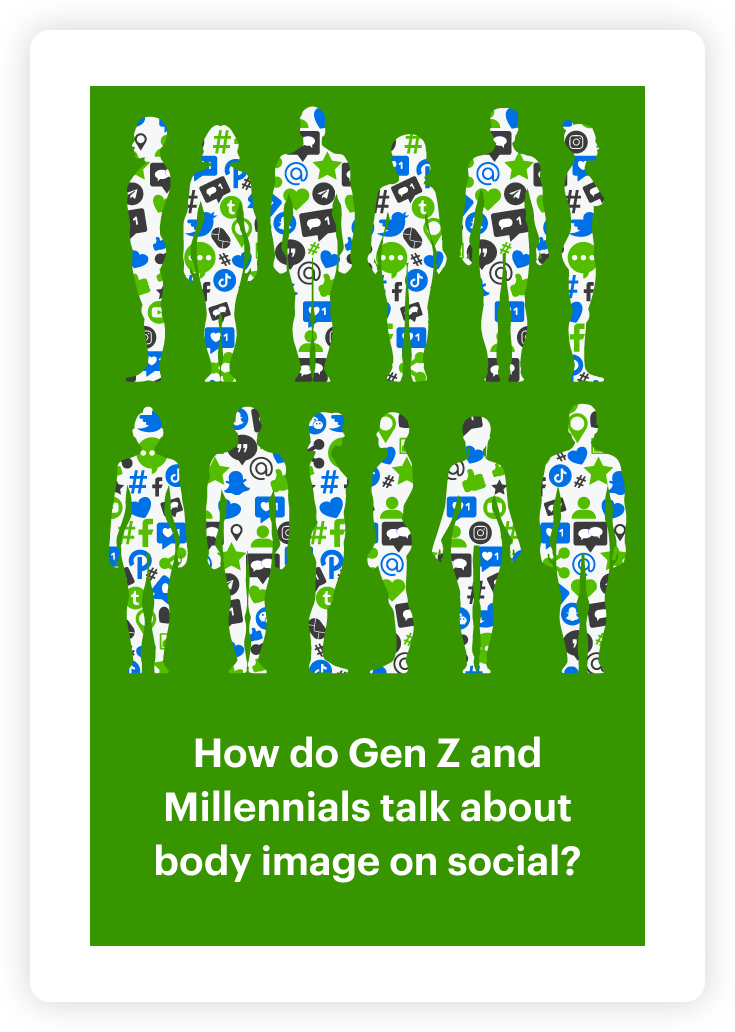Analyzing Twitter reactions to the Facebook outage

Were you really on the internet on Monday if you weren’t bombarded by news of the Instagram/Whatsapp/Facebook outage? Probably not. Conversations about the blackout monopolized the news cycle and the last remaining social media platforms – aka Twitter.
hello literally everyone
— Twitter (@Twitter) October 4, 2021
Using Relative Insight, organizations are tracking public responses to events, brands, topics, and breaking news over time through social media analysis. As human observers, it was fun to watch the conversation surrounding this massive outage evolve before our own eyes – but because we can, we wanted to take it further by quantifying the public reaction using our own text analysis platform.
Relative Insight’s comparative approach to text analytics pinpoints the linguistic differences and similarities between two or more data sets. In this case, analyzing tweets from before and after the Facebook outage will show us exactly how the conversation changed.
During the crash
Surprise, surprise – the Facebook outage absolutely dominated conversation on Twitter Monday. Immediately after the crash, Twitter users were 263.9x more likely to use words like down, crashed, broke, stop working and massive outage. While this insight shouldn’t come as a shock, it demonstrates the magnitude of conversation around this topic and its impact on other social media platforms.

Generally, people were pretty unhappy about the whole situation. We uncovered a range of negative emotions like anger and sadness, which we observed mostly through the use of emojis including 😡,😢,🙁,😱, and the old-school :(.
The second emotional theme we discovered was confusion. People wanted to know what was happening, why it was happening, and how long it would take to be fixed. Tweets included words like confused, mystery, idk, why, wtf and 🤔. Facebook has since maintained it was not a hack, but rather an internal issue stemming from a router update.
People were unhappy, confused and also just plain bored during the Facebook outage. Our analysis uncovered more use of the words tired, boring and bored after the crash compared to before. Without their platform of choice for mindless scrolling, many users found themselves unsure of what to do with their time.
While an outage of this magnitude is pretty uncommon, users drew comparisons to other little bugs and smaller crashes they’ve experienced using Facebook products. Twitter users claimed this is an ongoing issue through the words always, instagram always, and regular thing.

What does this mean?
Although we saw a few outliers who considered the crash a positive change, analyzing social media reactions from Twitter revealed general agreement that a major social media outage is a real issue – not only leaving us bored but rendering social media focused careers obsolete.
This Facebook outage brought to light the public’s dependence on Facebook and Instagram. Without these tools for communication, entertainment, information and even income, the public was left disoriented and contemplating the influence of social media in their daily lives.
So what does this mean for brands? It’s possible to turn around a negative situation and even benefit from it. Responding appropriately to current events can help a company stand out. Brands lost the ability to advertise on Facebook and Instagram but likely gained more attention than was lost through some creative Twitter interactions.
It appears every brand with a dedicated social media manager – McDonald’s, Oscar Meyer, Reddit, Burger King, Google, Adidas, Xbox, Only Fans, Starbucks, KFC, Amazon, and Microsoft – joined in on the Twitter conversation. Instagram and Whatsapp even utilized a competitor’s platform to communicate and make light of a situation that left the public shocked and unsure.
